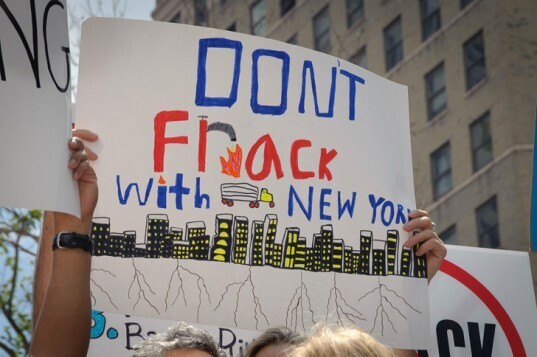On June 24th, the BlueGreen Alliance released “Solidarity for Climate Action”, a compendium of labor and environmental principles with the goal of achieving net-zero carbon pollution by 2050 in line with the Green New Deal vision.
Several union leaders associated with the fossil-fuel industry have responded to the call for a Green New Deal with skepticism or hostility, despite its emphasis on full employment and a unionized workforce; the work of the BlueGreen Alliance represents the viewpoint of another side of labor movement. The opening lines of the document emphasize the importance of collaboration as much as the end result:
“The BlueGreen Alliance and its labor and environmental partners are committed to the vision, principles, and policies outlined in this document, and are committed to a process of working together to identify concrete solutions to achieve these goals.”
The high-level vision document was unveiled at a presentation featuring Mike Williams of the BlueGreen Alliance, Leo Gerard of the United Steelworkers, and the National Wildlife Federation’s Collin O’Mara.
The members of the Alliance include the environmental organizations Sierra Club, Natural Resources Defense Council, Union of Concerned Scientists, Environmental Defense Action Fund, League of Conservation Voters, and the National Wildlife Federation; and the labor unions United Steelworkers, Communication Workers of America, Service Employees International Union, International Association of Sheet Metal, Air, Rail and Transportation Workers (SMART), Utility Workers Union of America, American Federation of Teachers, United Association of Plumbers and Pipefitters (UA), and the International Union of Bricklayers and Allied Craftworkers (BAC).
This effort echoes The Leap Manifesto and the platform of the European Green Party, though with less ambition.
Download “Solidarity for Climate Action” or read the text below:
 Environmental Defense Fund (EDF), unlike some other
environmental groups which support a
Environmental Defense Fund (EDF), unlike some other
environmental groups which support a  Sen. Susan Collins (R-Maine), facing
reelection this year in a strongly Democratic state, has garnered the
support of national environmental organizations despite a conflicted
record on climate policy. In September 2013, the League of Conservation
Voters
Sen. Susan Collins (R-Maine), facing
reelection this year in a strongly Democratic state, has garnered the
support of national environmental organizations despite a conflicted
record on climate policy. In September 2013, the League of Conservation
Voters